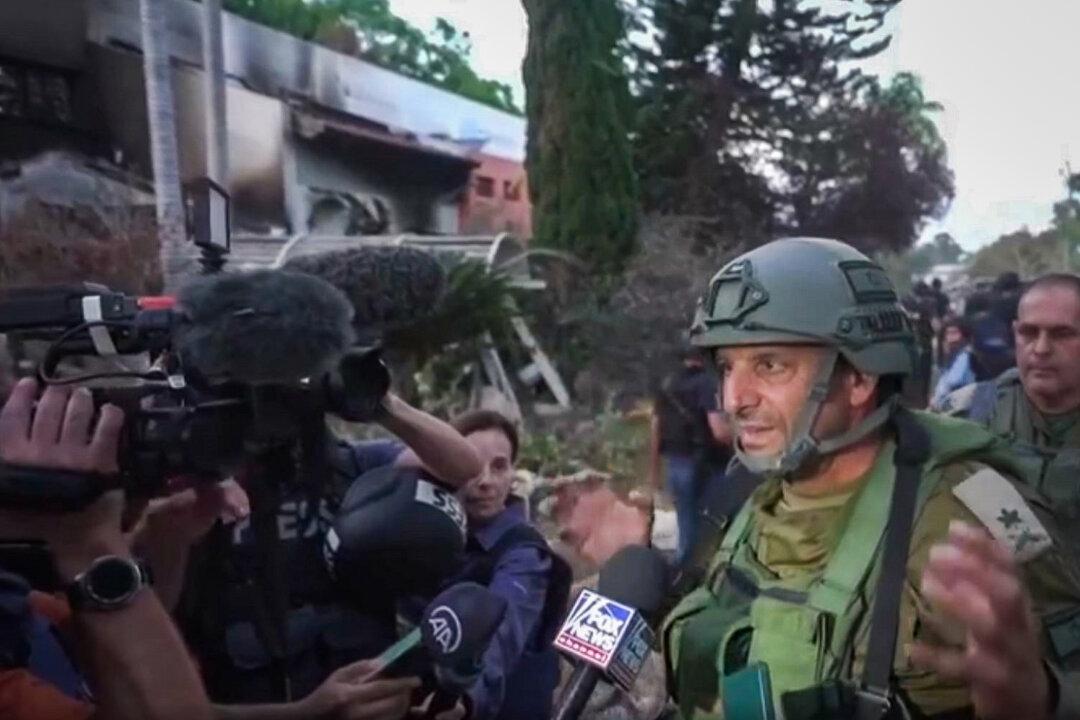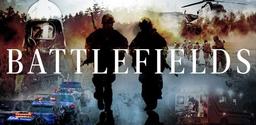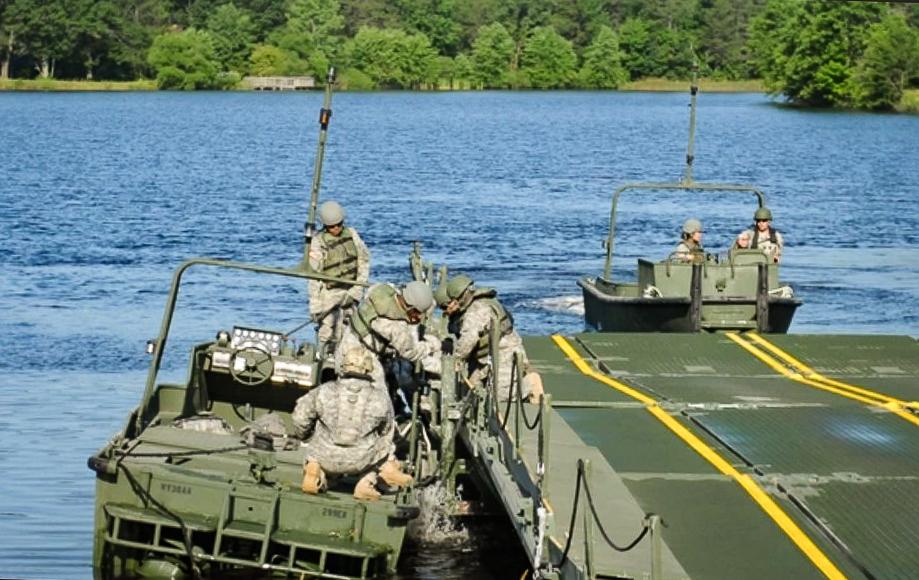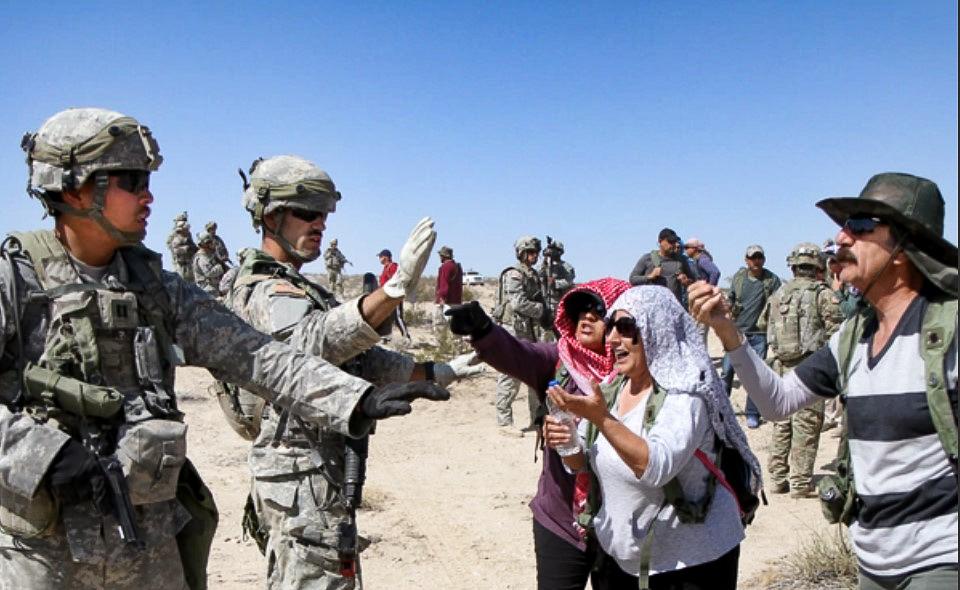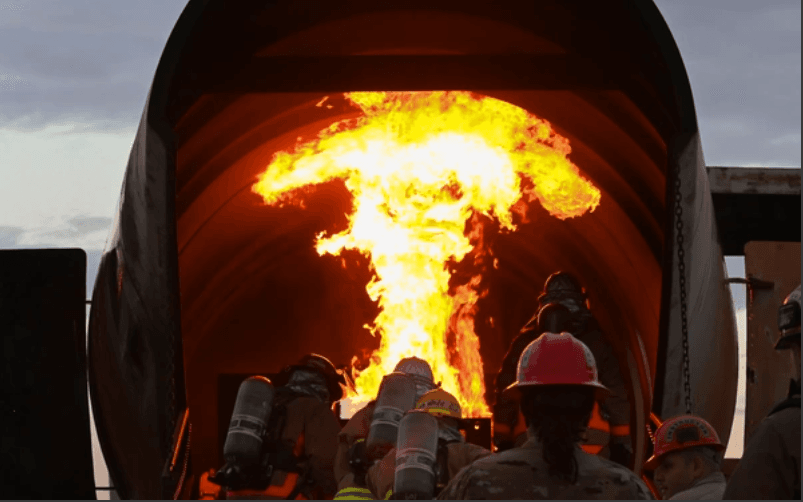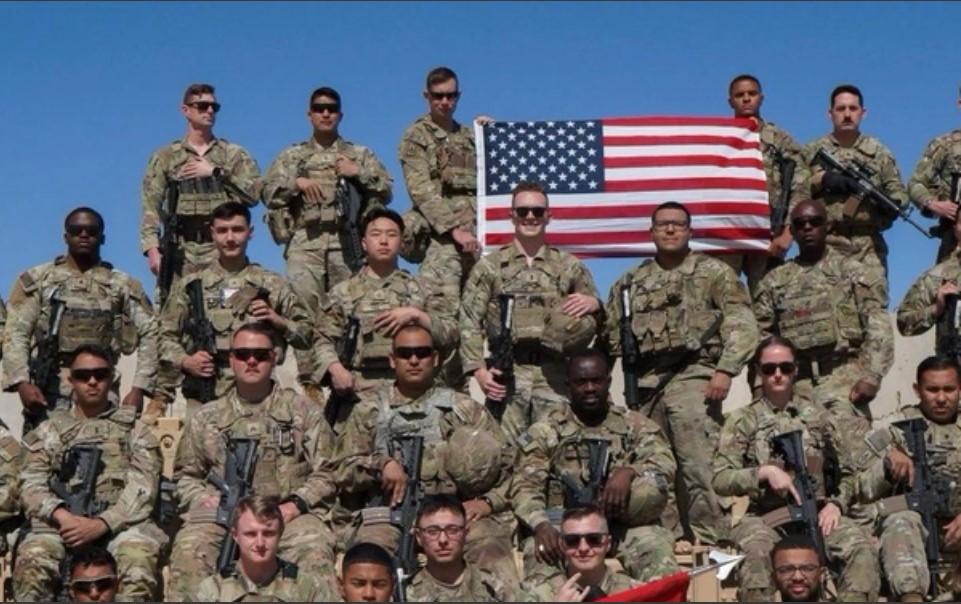Commentary
There are many disturbing trends that I have noticed in the aftermath of Hamas’ recent terrorist attack against Israel. One of the main ones is the language being used to describe it. The war between Israel and Hamas has a very heavy information warfare component—one that Hamas seems to be winning, largely due to rampant collusion from Western media. Take, for example, the words used to describe what happened. The perpetrators are described as “militants“ or ”gunmen,“ not ”terrorists.“ When someone died at their hands, they were ”executed,“ not ”murdered.”
In a war of words, words are the decisive weapon. So the words we choose to use to describe what’s happening between Israel and Hamas matter. The U.S. State Department seems to be able to get it right. Why can’t major news outlets? In large part, it’s because of progressive politics. “Oppressed” people, like the Palestinians, can never be the aggressor. They can only be victims, no matter what they do, or what others do in their name. “Oppressors,” like the Israelis, are fair game, for literally anything.
“One man’s terrorist is another man’s freedom fighter.” Sure, I guess, but I think most rational human beings would call people who murder, rape, burn, shoot, and kidnap average citizens “terrorists.” And most of us aren’t afraid to say it ... but not everyone is willing to do so, especially in the leftist press. For example, when the BBC was recently called out over their choice to reject the word “terrorist” to describe ... well ... terrorists, they decided to double down.
That’s because, you see, “It’s simply not the BBC’s job to tell people who to support and who to condemn.“ But that appears to only hold true for people or organizations that the BBC likes, or at least to those who it’s OK to dislike. They certainly held no compunctions about directing condemnation towards, say, President Trump, doing so early and often during the Trump Administration. They were happy to rationalize away the way they dropped their illusion of impartiality in reporting and condemning people who were doing things they didn’t like, by saying things like the then-U.S. president was ”subverting democracy.” But that was OK, because rules are only for people you don’t like. Here is the response they gave to accusations that they were actively campaigning in favor of President Trump’s political enemies:
